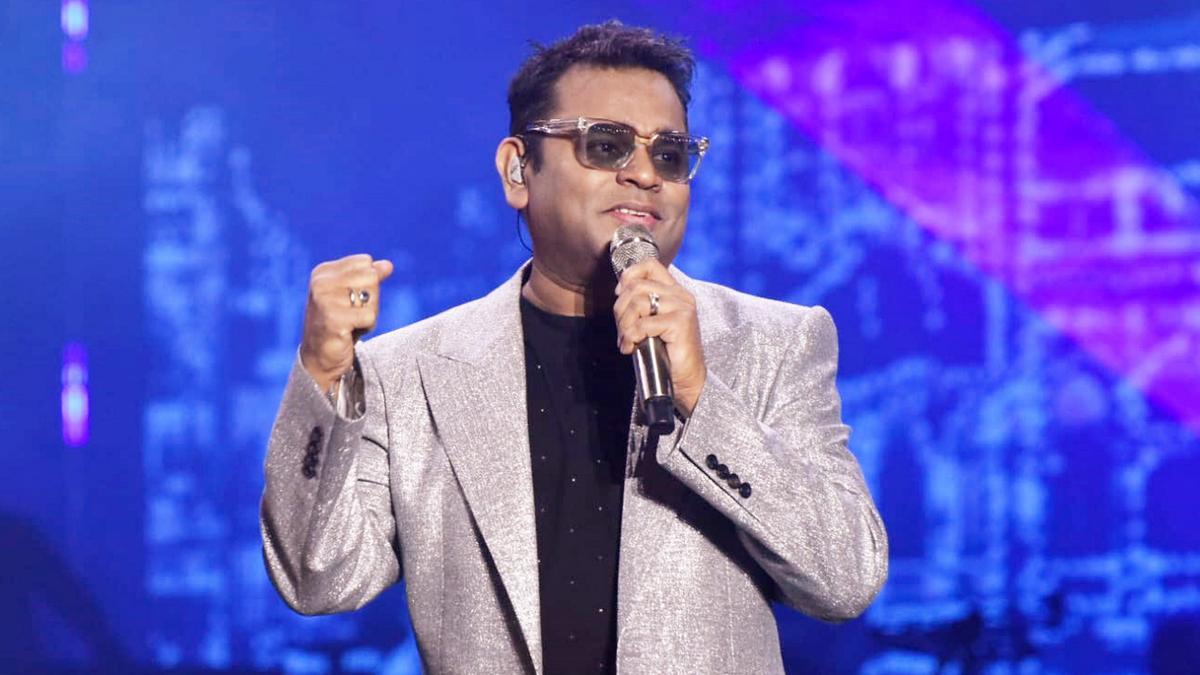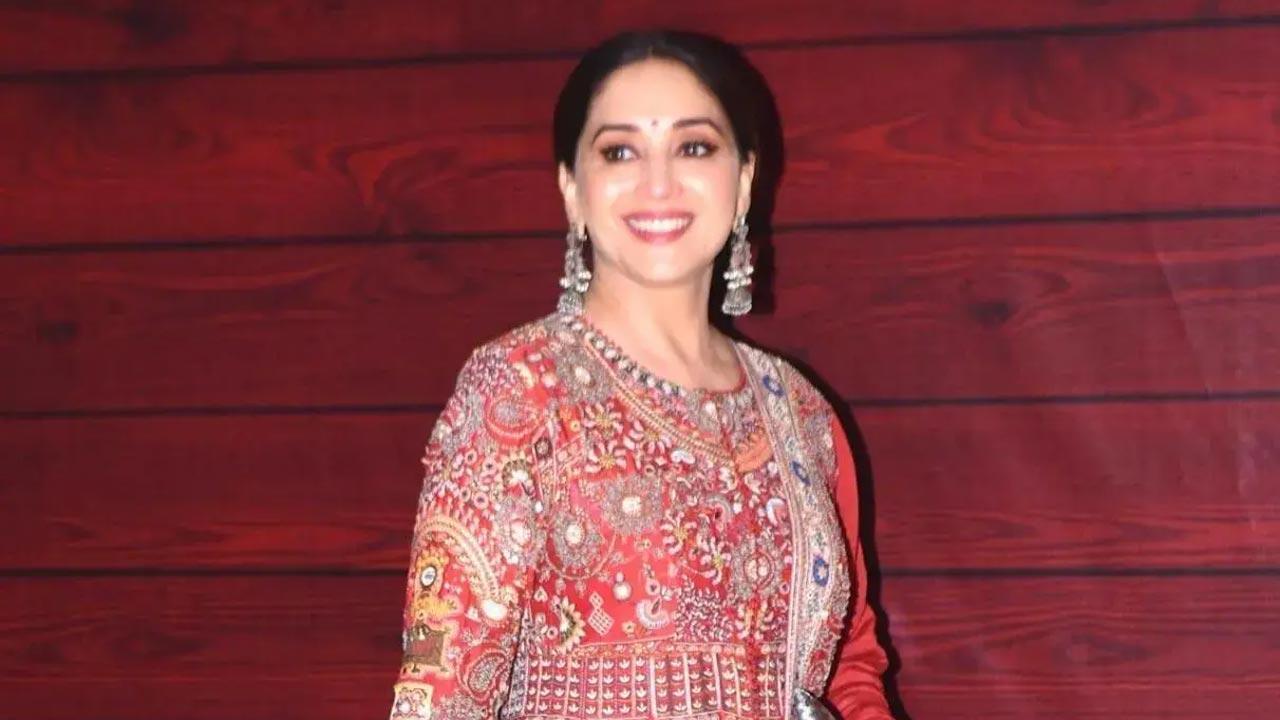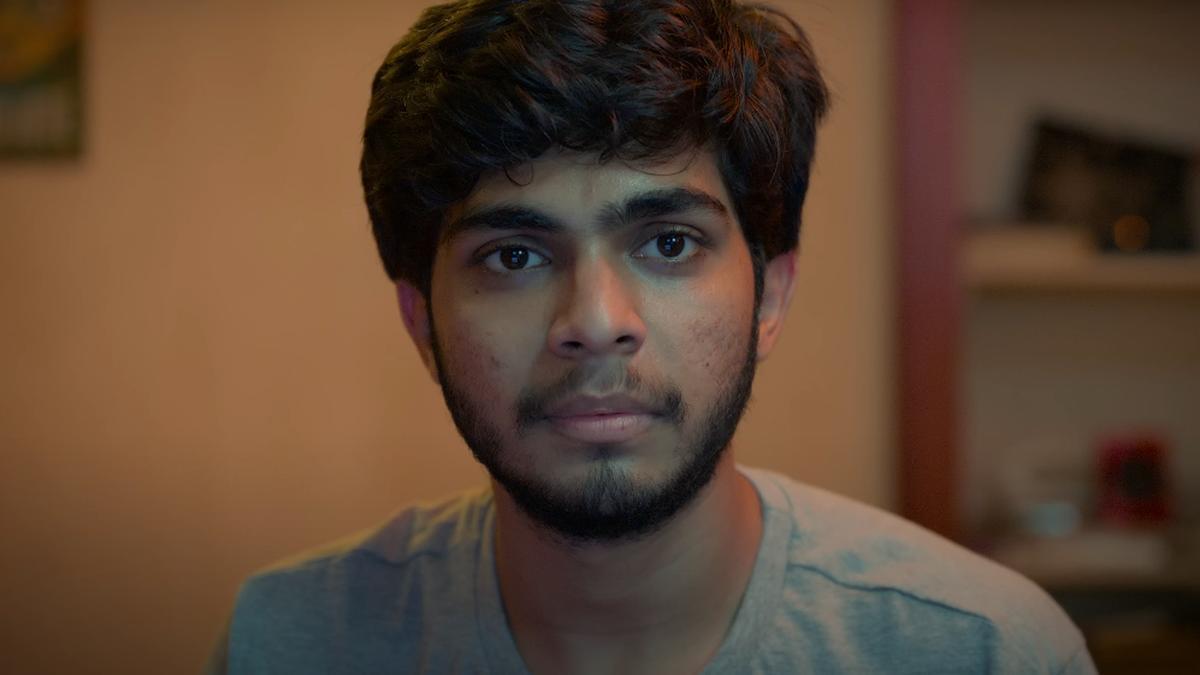
Composer AR Rahman, renowned for his evocative and original music in Indian cinema over the past three decades, has publicly voiced his dissatisfaction concerning the recent trend of remixing and reprising songs without obtaining the necessary permissions. This revelation comes amidst a broader conversation about copyright issues affecting composers in the music industry today. Known for compositions that have captivated audiences worldwide, Rahman’s work has often been revisited by contemporary artists in recent years, prompting him to address this delicate subject.
In a candid interview with The Week, Rahman discussed his stance on the ethical considerations composers face when dealing with copyright infringements. “I believe in always following certain ethics,” the esteemed Oscar-winning musician articulated, emphasizing a principle that he holds dear. “You can’t take a song from a movie and use it in another movie six years later, saying you are reimagining it. You can’t reimagine people’s work without their permission. You could post it on Instagram, but certainly not make it mainstream.”
Rahman further expanded on the issue by broaching the topic of Artificial Intelligence (AI) and its impact on the music industry. He noted that while AI holds potential for beneficial uses, its misuse represents a significant threat to the integrity of creative work, citing concerns about composers not receiving due compensation when elements of their style are appropriated. “An even bigger evil is people misusing AI and not paying the composer even if they are borrowing his style,” Rahman stated, highlighting a growing concern within the sector. “We need to bell this cat, because it could lead to major ethical issues. People could lose jobs.”
Rahman’s vision for AI involves addressing systemic challenges that extend beyond the music industry.
. He proposed the innovative application of AI to improve areas such as the justice system, infrastructure, education, and empowering the underprivileged, reflecting his belief in its potential positive impacts. “In my opinion, AI should be used to tackle challenges that human beings procrastinate on―like (improving) the justice system, infrastructure and education, and empowering the underprivileged,” he was quoted as saying in his interview.
The implications of Rahman’s remarks resonate beyond the immediate sphere of the music industry. The debate surrounding remix culture and AI’s role in creative arts is increasingly relevant in today’s rapidly evolving technological landscape. Rahman’s insistence on ethical practices serves as a call to action for artists and industry stakeholders to prioritize integrity and respect original works of art.
As the music industry grapples with these pressing issues, Rahman’s comments underline the need for reforms that address the ethical concerns of technological advances, especially concerning AI. As technology grows increasingly sophisticated, the industry finds itself at a crossroads where innovation and ethics must intersect to protect artistic originality and foster sustainable creative environments.
Rahman’s insights contribute significantly to the discourse surrounding copyright protection and the responsibilities of artists in maintaining the sanctity of creative work. His advocacy for ethical AI use underscores the broader imperative to align technological progress with societal benefits.
Published on October 26, 2024, Rahman’s interview illuminates the challenges confronting music creators in contemporary times and echoes a timeless plea for the acknowledgment and respect of artistic labor. As the cultural conversation advances, Rahman’s perspectives will undoubtedly remain a pivotal reference point for ongoing discussions regarding the intersections of art, technology, and ethics in the industry.
Indian cinema, much like global cinema, constantly evolves, with new and old influences shaping its soundscapes. Amidst this ever-changing tapestry, voices like Rahman’s remind us of the enduring power and importance of originality, compelling us to honor the creative individuals behind the melodies that move the world.










